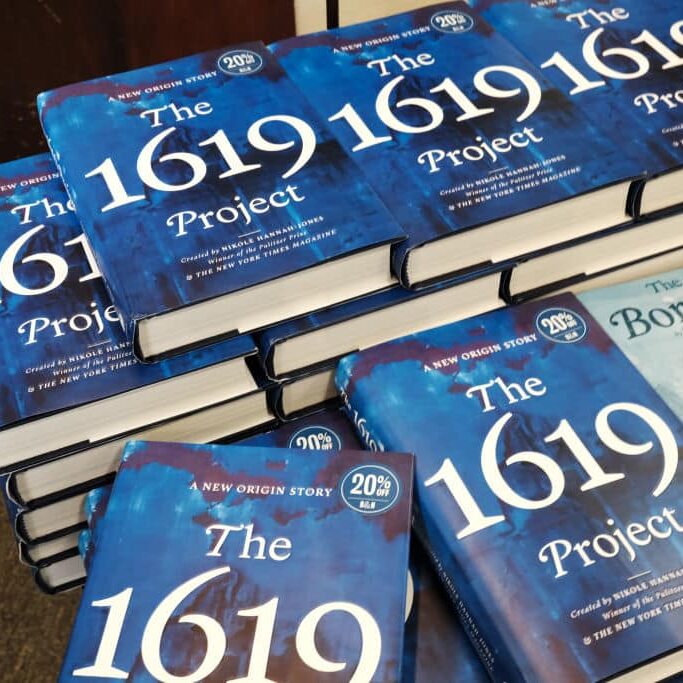Last Updated on August 30, 2023
The 1619 Project offers a valuable opportunity to bring important fact-based history into the classroom. We believe educators who use Listenwise may find the guidance provided by our content philosophy helpful as they consider using The 1619 Project and our thematically related podcast lessons in their classrooms.
At Listenwise, we believe that teachers and students deserve fact-based stories that prompt thoughtful reflection and constructive conversations, resulting in deep learning about important topics and issues. We create instructional materials with the following goals in mind:
- Developing literacy skills, academic vocabulary, and background knowledge
- Promoting critical and creative thinking
- Fostering social and emotional learning
- Encouraging consideration of diverse perspectives on a range of topics and issues
- Facilitating civil dialogue about important matters of broad interest
What is The 1619 Project?
New York Times journalist Nikole Hannah-Jones created The 1619 Project as an ongoing initiative to emphasize the impact of the year 1619, when the first enslaved people arrived in what is now the United States. To do this, the project places “the consequences of slavery and the contributions of black Americans at the very center of the story we tell ourselves about who we are as a country.”
The 1619 Project, published in the The New York Times Magazine on August 18, 2019, features ten essays and a photo essay about modern issues “that have their roots in slavery and its aftermath,” as well as 17 original literary works from contemporary Black writers that bring to life key events in the 400 years of history since 1619. The 1619 Project also includes other materials, such as the Pulitzer Center’s curriculum resources for educators and the multi-episode NYT 1619 podcast named best podcast of 2019 by Time magazine.
Teaching with 1619 Project resources can address a range of instructional goals. For example, the essays, poems, works of fiction, images, and podcasts provide opportunities for students to practice literacy skills in a variety of genres and modalities. The topics discussed in the 1619 project encompass a wide range of fields, providing students with rich background knowledge in areas such as economics, medicine, music, and agriculture. The materials also promote critical and creative thinking about history, prompting students to ask insightful questions and think deeply about the answers.
Since students may be learning about diverse perspectives and practicing civil dialogue about real-world issues, they will address CASEL competencies (Collaborative for Academic, Social, and Emotional Learning), such as social awareness, self-awareness, and relationship skills. In addition to meeting Listenwise’s criteria for quality instructional materials, The New York Times’ standard for ethical journalism and its worldwide authority in the field provide educators with the assurance that The 1619 Project is fact-based and carefully checked.
Aligning Listenwise Podcasts with 1619 Project Resources
Many Listenwise stories align well with 1619 Project essays and podcasts. Educators can use the chart below to select resources that best fit their academic, social, and emotional learning, and/or diversity equity and inclusion goals. All of the 1619 Project essays are downloadable in PDF form.
More Educational Resources
Learning for Justice published a report indicating significant gaps in U.S. students’ understanding of slavery, summarized in an Atlantic article called “What Kids Are Really Learning About Slavery.” As an outcome of their research, Learning for Justice developed a Framework for Teaching Slavery for grades K-5 and 6-12, intended to support teachers in addressing “hard history.” This framework offers suggestions for teaching emotionally charged topics in developmentally appropriate ways.
Together with the 1619 Project materials and Listenwise podcasts, these resources provide useful guidance to teachers interested in helping students at all levels understand the complex legacy of slavery and how it impacts their lives and those of other Americans today.


